Den Haag, MINA – Spain submitted a Declaration of Intervention to the International Court of Justice (ICJ) on Friday in the genocide case initiated by South Africa against Israel.
“This intervention is motivated by our responsibility as a State party to the Genocide Convention and our firm commitment to international law,” the Spanish Foreign Ministry said in a statement, as reported by Palestine Chronicle Friday.
This move aligns with other countries such as Colombia, Mexico, and Cuba, with several others like Ireland, Belgium, and Chile expected to join.
“We seek to contribute to bringing peace back to Gaza and the Middle East,” the ministry added.
Also Read: Activist Unfurls Palestinian Flag During German Parliament Session, Protesting Gaza Policy
Spain emphasized the necessity of a two-state solution to achieve lasting peace and stability for both Palestinians and Israelis.
It also expressed concerns about the humanitarian crisis in Gaza, including limited access to aid and infrastructure destruction.
“We urge the ICJ to address the obligation to prevent genocide and ensure compliance with the Court’s binding precautionary measures,” it said.
On May 28, Norway, Ireland and Spain officially recognized the State of Palestine and established full diplomatic relations with it.
Also Read: UN Experts Warn Right Violations in Kashmir by Indian Authorities
Before the Spanish government approved a decree officially recognizing the State of Palestine on Tuesday, Spanish Prime Minister Pedro Sanchez said that the recognition is “a matter of historical justice”.
“The only route towards establishing peace is the establishment of a Palestinian state, living side by side with the state of Israel,” he said.
Sanchez also stressed the immediate need to end the unprecedented crisis in Gaza, open crossings, and called for a permanent ceasefire and the entry of humanitarian aid.
On December 29, the South African government brought the case against Israel before the ICJ, accusing it of “genocidal acts” in its military campaign in Gaza.
Also Read: At Least Nine Children and One Woman Killed in Pakistani Airstrike on Afghanistan
Public hearings on South Africa’s request were held on January 11 and 12.
In January, the ICJ called on Israel to avoid actions that could lead to genocide and to facilitate humanitarian access to Gaza.
A few weeks later, South Africa requested additional measures in response to Israel’s announced intention to attack Rafah, but the court rejected this request.
At the beginning of March, South Africa renewed its request for emergency measures against Israel.
Also Read: Academic Boycott of Israel Doubles Despite End of Gaza War
Later that month, the court ordered Israel to ensure the delivery of “urgent humanitarian aid” to Gaza, in light of “a famine that has begun to spread” in the war-torn Strip. (T/RE1/P2)
Mi’raj News Agency (MINA)
Also Read: Sudanese Army Battles RSF in Kordofan as Civilian Hardship Worsens






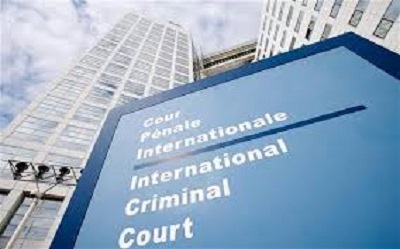


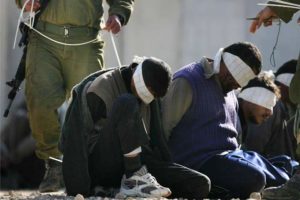

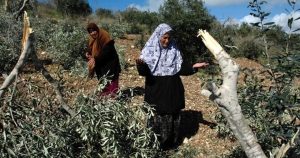

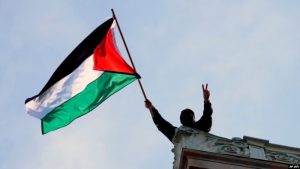

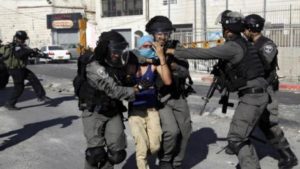

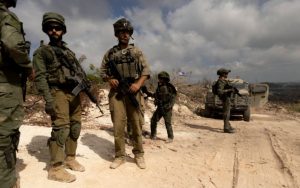

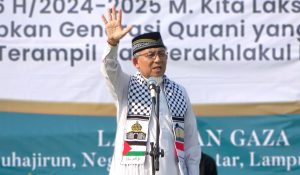
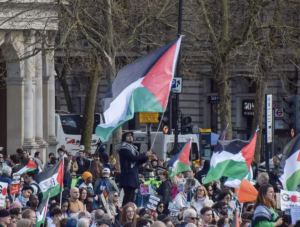
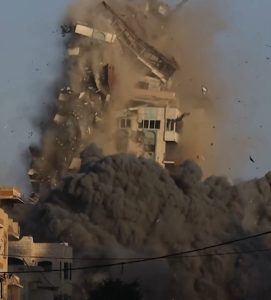













 Mina Indonesia
Mina Indonesia Mina Arabic
Mina Arabic